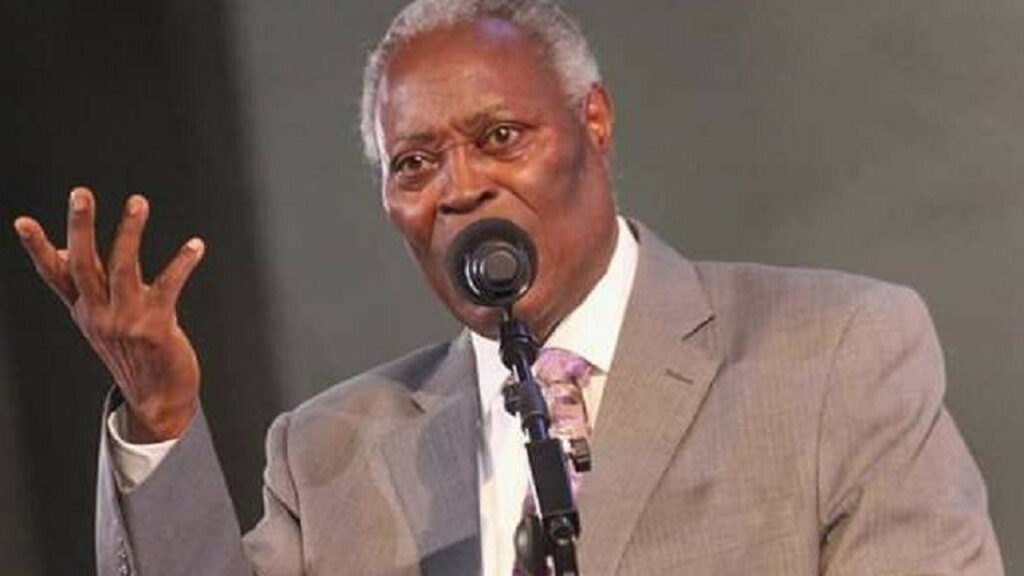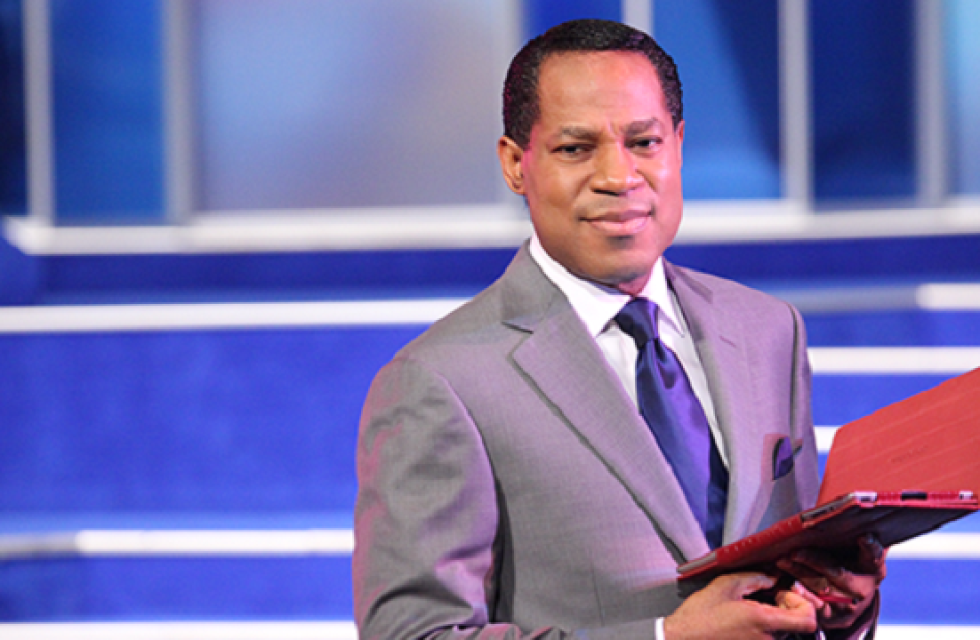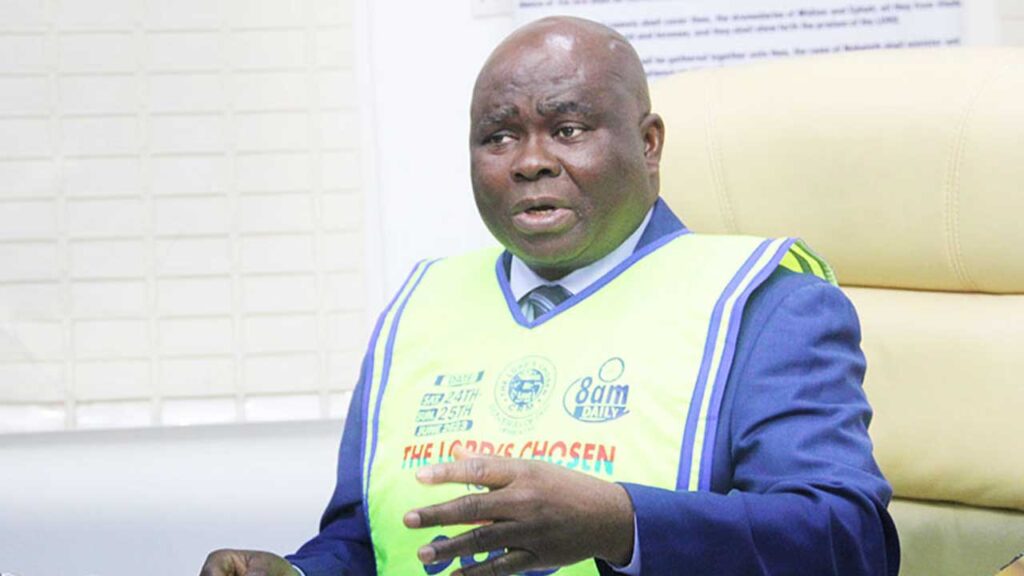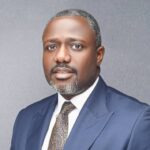
The Apostles, guided by the Holy Ghost (John 14:26; 16:13), decided that seven men should be chosen to be in charge of food distribution to the needy, so, they could commit themselves to “prayer and ministry of the word.” The decision pleased the whole Church and unbroken fellowship with unity continued in the Church.
The Apostles gave the qualifications of the “fellow-helpers” to be chosen. They were to be (1) among you, (2) of honest report, (3) full of the Holy Ghost, (4) full of wisdom, (5) approved and appointed by the Apostles.
The clarity of the qualifications made partiality impossible. The qualifications were spiritual and moral, not academic or professional. It is important that those who are to be entrusted with the care of a New Testament, saved, sanctified, Spirit-filled Church should be righteous and godly, honest and faithful, saved and sanctified, Spirit-indwelt and Spirit-controlled.
No one who is a stranger to Christ and His doctrine, who possesses neither grace nor godliness, who knows neither honesty nor holiness, can be entrusted with ministry to serve a righteous, rapture-ready Church. To serve and minister to the church that Christ bought with His blood, we must have the character traits produced by the resident and indwelling Holy Spirit. Working for God on earth will be of no benefit if we are not qualified to live with Him in heaven.
The Spirit-led organisation in the Jerusalem Church yielded immediate and positive results. “And the word of God increased, and the number of the disciples multiplied in Jerusalem greatly; and a great company of the priests were obedient to the faith,” (Acts 6:7). The gospel became more powerful and more extensive in its influence. The conversion and open acceptance of a great number of priests are striking proof of the power of the proclamation of Christ’s resurrection. The gospel, preached in the power of the Holy Spirit, has the potential of convicting and converting every class of people.
“And Stephen, full of faith and power, did great wonders and miracles among the people.” Formerly, the Apostles performed all the miracles, signs and wonders (Acts 2:43; 4:33; 5:12). Now, we read of Stephen who was not an Apostle doing “great wonders and miracles among the people.” The Holy Spirit worked mightily and effectively in Stephen’s life and ministry. God is no respecter of persons (Acts 10:34; Romans 2:11). We, too, can be full of faith, full of power, full of the Holy Ghost and wisdom. In His power and according to His will, we can do exploits for God’s glory and lead many souls to salvation in Christ.
Some religious Jews rose up in opposition against Stephen, disputing about Moses, the law and the temple; but “they were not able to resist the wisdom and the spirit by which he spake.” They raised up false witnesses and accused him of blasphemy. God’s glory was so much upon him “and all that sat in the council, looking steadfastly on him, saw his face as it had been the face of an angel,” (Acts 6:15).
• Further reading (King James Version): Acts 6:1-15. Acts 6:1-4; Mark 3:14; Luke 24:45-48; Acts 1:8; 5:19,20; Romans 12:6-8; 1 Corinthians 9:16; Acts 20:24-31; 1 Timothy 4:15,16; 2 Timothy 2:2-4; 4:1-5; Philippians 3:13-17. Acts 6:3-7; Deuteronomy 1:13; Acts 1:21,22; 1 Timothy 3:6-15; 2 Corinthians 8:21-23; 3 John 1:11,12; Luke 1:15-17; Acts 11:22-24; Job 28:12,28; James 3:13-18; 1 Corinthians 2:6-13; 3:19. Acts 6:8-15; 2:17,18; Mark 16:17-20; Luke 10:17-20; Acts 8:5-8; 11:19-24; Matthew 10:19,20; Luke 21:12-15; Ecclesiastes 8:1; 1 Corinthians 2:4; Exodus 34:29-35; 2 Corinthians 3:7,8,18.













